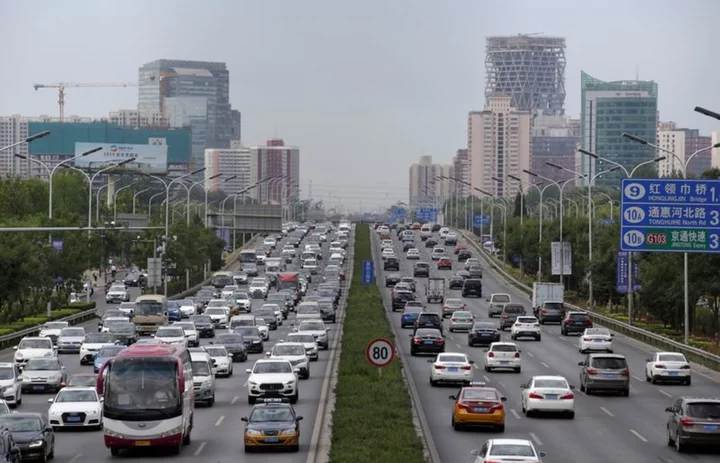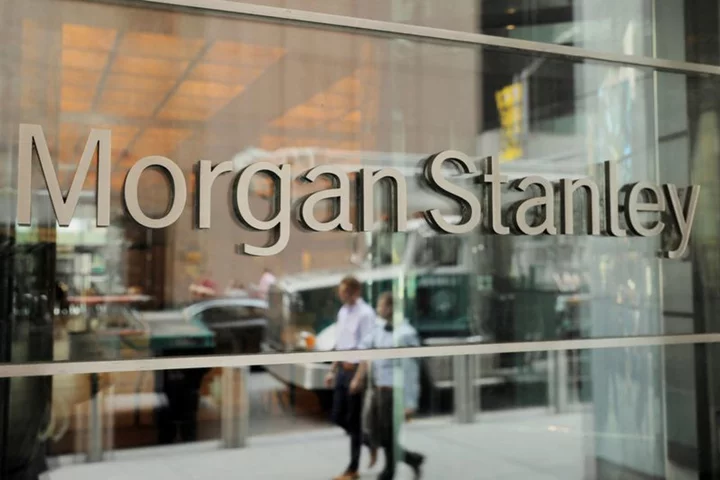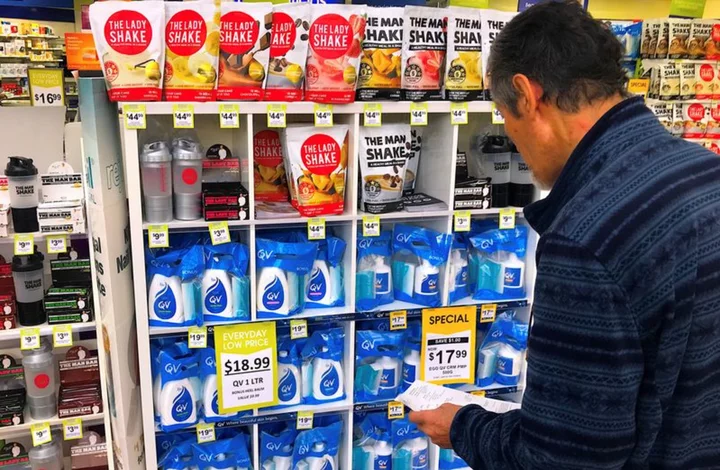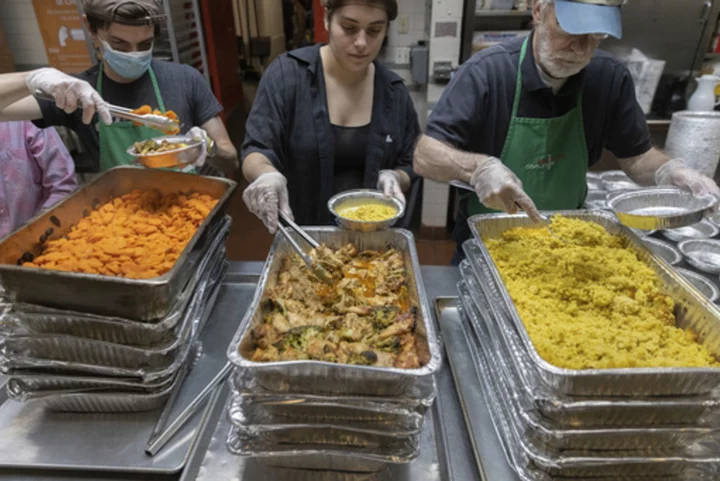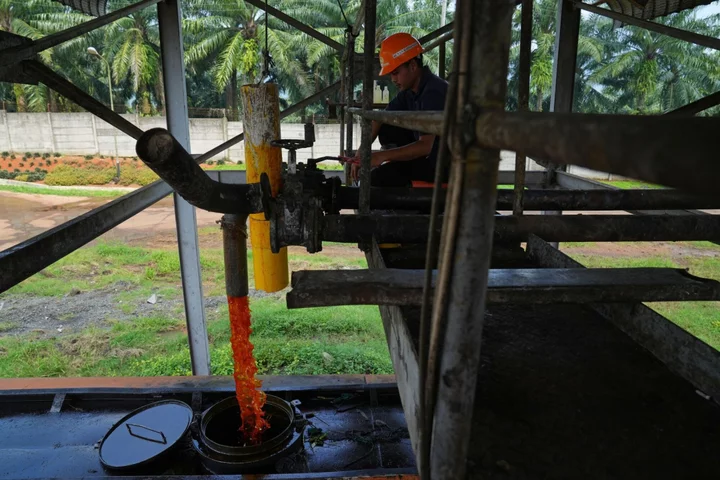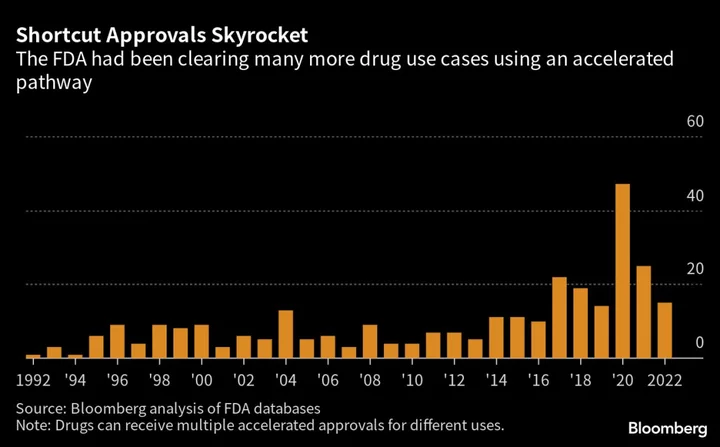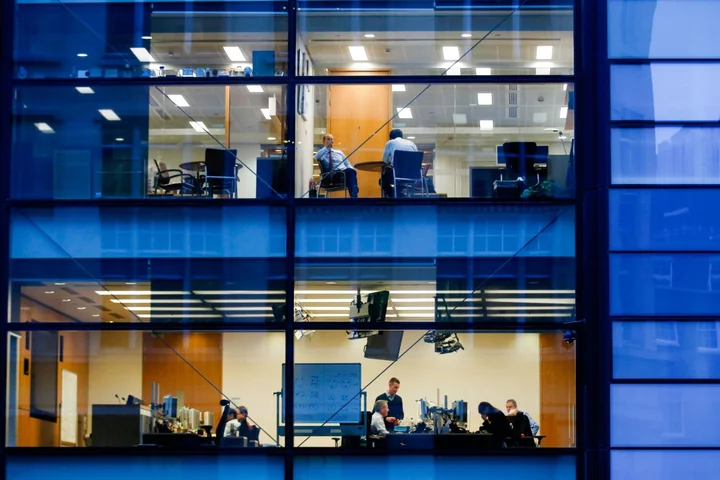BEIJING/SHANGHAI China's passenger vehicle sales rose by 2.1% in April from a month earlier, industry data showed, underscoring a slower pace of growth as the stimulus effect of price cuts and incentives faded. Car sales in April totalled 1.65 million units, 54.5% higher from a year earlier when COVID-19 lockdowns disrupted productions and sales, the China Passenger Car Association (CPCA) said on Tuesday. In the first four months of 2023, vehicle sales were down 1.4% year-on-year to 5.98 million units, it added. Sales of new energy vehicles (NEVs), which include pure battery electric cars and plug-in hybrids, skid 3.6% on a monthly basis in April and accounted for 32% of total car sales in the month, CPCA data showed. BYD Co Ltd sat atop the segment with 37% market share while Tesla Inc had a 7.6% share. China's crowded auto market is getting even more congested with nearly 300 models displayed at the Shanghai auto show in April, 172 of which were NEVs, according to Ways Consulting. After more than 40 auto brands this year joined a price war started by Tesla and slashed prices on their best-selling models, more consumers are choosing to delay purchases in anticipation of bigger discounts on the cars, CPCA said in previous notes. The U.S. EV giant has since reversed course, raising prices in markets including China in May. China's post-COVID economic recovery has mostly benefited spending on services like restaurants and travel, while sales of big ticket items like cars and smartphones have continued to slump. A tepid property market recovery and an unexpected contraction in factory activity is also pointing to a shaky economic outlook, casting clouds over the strength of the post-COVID rebound and potentially dampening consumer spending.
(Reporting by Qiaoyi Li, Zhang Yan and Brenda Goh; Editing by Jamie Freed and Christina Fincher)

